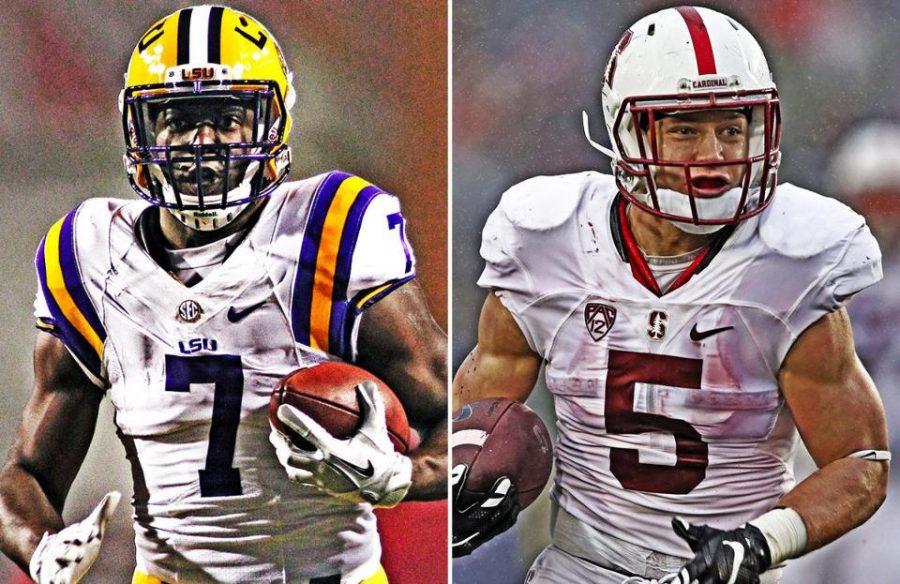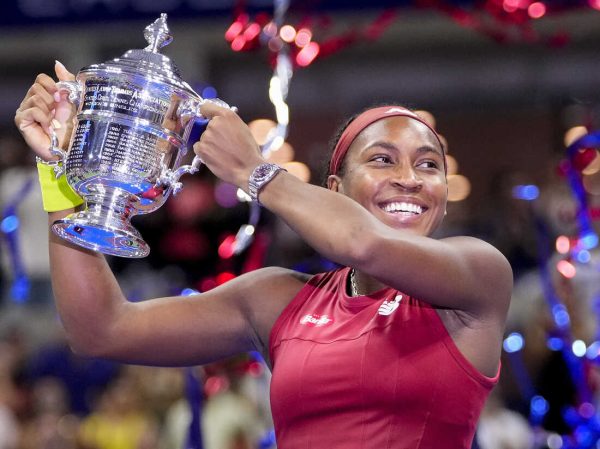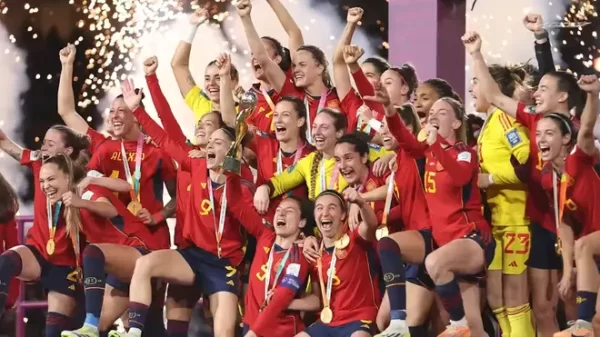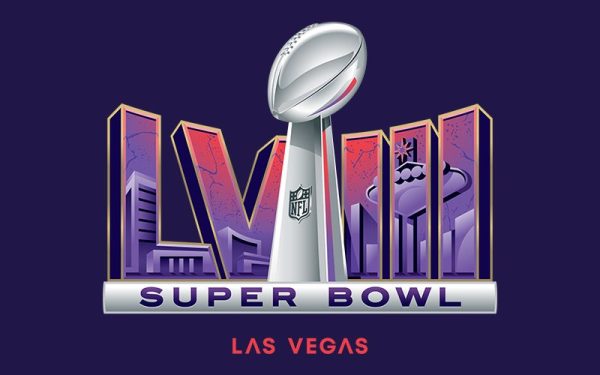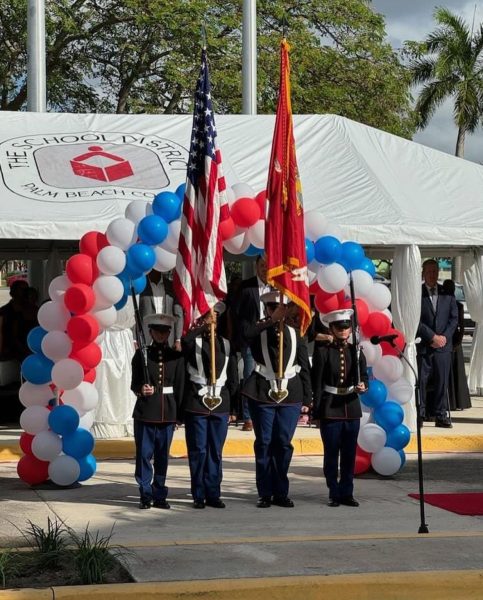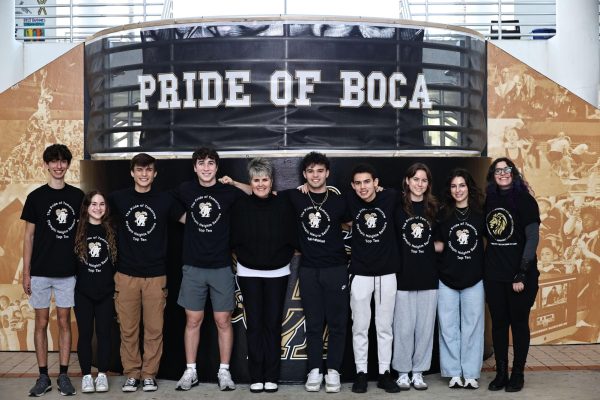Selfishness of Fournette and McCaffery Flies in Face of the Team Concept
Leonard Fournette of LSU (left) and Christian McCaffery of Stanford (right) have elected to not play in their teams’ respective bowl games because of risk of injury which could hurt their NFL draft stock.
Lessons learned in childhood are some of the most powerful lessons we learn. The morals established during adolescence carry over throughout most of our lives. Most people played sports during their youth, and were taught one very valuable lesson with a catchy phrase, “There is no ‘I’ in team.” This lesson details the importance of teamwork and cooperation, something which can be applied to all facets of life. I wonder if LSU running back Leonard Fournette and Stanford running back Christian McCaffery heard this one before.
Over the past few weeks, the decisions made by Fournette and McCaffery to sit out of their bowl games has captivated the attention of media and fans alike. The spotlight has been placed on these two players as they are at the top of their draft class, with Fournette likely to be a top-10 selection and McCaffery to be drafted within the first round. When they decided to sit out of their bowl games, sides were immediately taken. Many people believed Fournette and McCaffery were in the right as they were protecting their draft stock by preventing potential injury, while others felt their decision compromised the competitive spirit of the sport.
Logically, the decision Fournette, McCaffery, and many other top players made makes sense. By not playing in these games, they prevent injury which can severely damage their draft stock. The fear of career damaging injury has already been realized as Jake Butt, the top-ranked tight end of the 2017 NFL Draft, tore his ACL in Michigan’s 33-32 loss to Florida State in the Orange Bowl.
Immediately, Butt’s draft stock plummeted from being drafted within the first two rounds to maybe being a fifth-round pick, with a large chance of going undrafted. If this were a minor injury, Butt’s draft stock would be safe. However, torn ACL’s are big injuries and take months to heal, months that could have been spent wowing scouts at the NFL Draft Combine and preparing for the NFL Draft. Because of this injury, Butt went from making a guaranteed $8-10 million (assuming he was drafted in the bottom of the first round) per season (rookie contracts are four years) to making a non-guaranteed $2.3 to $2.4 million (assuming he is drafted between rounds 4-7) per season. So, Butt lost $6 to $7 million on one hit.
Many of those who support Fournette and McCaffery point at Butt’s unfortunate circumstance to justify their reasoning. However, in a tweet from Butt after the game, he said, “never once crossed my mind to sit this game out and I would never change that mindset. I play this game [because] I love it, my teammates, [and my] coaches.” Butt’s comment outlines much of the reasoning behind those opposed to sitting out bowl games.
By definition, a team is, “a group of people or other animals linked in a common purpose.” Is it still a team when one member has a different purpose? Is it a team when 54 players are fighting for a championship trophy but one is looking to help only himself? The selfishness shown by these top athletes betrays the team-based identity of football.
If top athletes such as Fournette and McCaffery sit out of bowl games – the biggest game of the whole season – who says future athletes won’t sit out of regular season games. Really, what is the purpose of playing the whole season, fighting, grinding and shedding blood for your team day in and day out if you are going to skip the biggest game of the season?
If these players didn’t want to get hurt, they should not have started playing football. Players who sit must realize that not everyone has their impressive aspirations, but by not playing, they inhibit their teammates from their aspirations, that of winning a bowl game on national television. These top-flight athletes are parasites and using their teams as hosts for their own success. When these players abandon their team, they are merely saying, as put so well in Hitchhiker’s Guide to the Galaxy, “So long and thanks for all the fish!”
This is not a good look for college athletes entering the draft, and NFL teams will take note. NFL teams are a mish-mosh of conflicting egos as all the players on an NFL team are top athletes, but teams need to make it work so they can achieve success. NFL scouts are very keen when it comes to team chemistry, and adding another selfish player such as Fournette or McCaffery may unravel the locker room.
Many teams would rather add someone who is slightly less talented than Fournette or McCaffery but displays better intangibles and has a better chance of making the team talented rather than one who only establishes himself as a star and doesn’t help the team get better. Most facets of the NFL come down to trust, and trusting someone who openly puts personal gain ahead of team success is not someone one can trust.
Furthermore, many NFL teams make their final in-game evaluations of players in their bowl games. Scouts like to see a player that can handle the pressure of playing for all the marbles in front of tens of thousands of fans. Sitting out of bowl games strips these players of the opportunity to make one more lasting impact on scouts by playing against top-flight competition on a national stage.
Over the past few years, the NFL has been brandishing their slogan “Football is Family” everywhere. Usually, the slogan is a caption under a photo of players from opposing teams kneeling together in the middle of the field. I wonder how the NFL will continue this saying with a new crop of self-centered players soon to enter their league.
The decision to sit out of games, especially bowl games, logically makes sense, but spurs a funky emotional feeling within fans and players alike. “Yes,” we say to ourselves, “this makes sense, they want to save their bodies and their future.” However, on a deeper, emotional level, we have a conflicting opinion, “No, no, this isn’t right; how is football family when one member is purposely sitting out?”
The decision for these players to sit has become such a big deal as the sides taken by media are the same sides taken within our mind. These sides are the logical, brain-led side mathematically justifying their decision and the emotional, heart-led side conjuring a sense of betrayal in fans and a sense of selfishness within locker rooms. This conflict is as much a war between players and fans as it is a war between opposing morals within ourselves.


